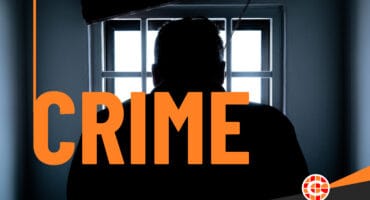How load shedding is impacting the property market in South Africa
"As long as load shedding persists, alternative power will be in high demand and will affect property value and attractiveness for the foreseeable future,"

Load shedding continues to significantly reshape the attitudes of homeowners, and the expectations of buyers and sellers, in the South African property market.
A recent survey by Network24 suggests that half of all households eat out more due to load shedding, resulting in higher food costs. In addition, they are losing money from refrigerated or frozen food spoiling more often.
Homeowners may also feel compelled to buy better physical security due to their electronic intruder alert system being offline.
These and many other problems make investing in alternative energy equipment, such as an inverter, generator or solar panels, not only convenient but also financially beneficial for many households.
When it comes time to sell, these very concerns are now top-of-mind for potential buyers too.
Buying habits in the age of load shedding
An important consideration is that those who can afford to will seek out homes in gated estates first, to ensure their security during load shedding. So, selling a free-standing residence in their price range may prove more challenging. This intensifies the trend, especially in Gauteng, of movement to gated estates away from freestanding residences.
Next, properties with preinstalled alternative energy solutions are in greater demand among buyers.
If none exists, the house must be readily suited to alternative energy installations. For example, a south facing roof is problematic because it does not enjoy enough sunlight to adequately feed a solar power system, making the property as a whole less desirable.
This does not mean that such properties cannot be sold, only that their value may be affected as a result. Alternatives, like gas appliances, could offset this limitation.
Area is also an important consideration. For instance, the ongoing trend of semigration to Cape Town continues to be driven by the promise of better service delivery, including more reliable electricity infrastructure and electricity supply in the city and its surrounding districts. City residents are shielded from several stages of load shedding as a result of the City of Cape Town’s initiatives.
Selling with confidence
To preserve the market value of their property and make it more attractive to buyers, homeowners should only hire registered energy solution experts.
Recently, cases have emerged where an incorrectly installed or maintained system results in a fire that devours or damages the property. Customers are therefore advised to always check the installer’s credentials with their industry body.
For solar power systems, this body is the South African Photovoltaic Industry Association (SAPVIA). The organisation hosts over 170 members and maintains a quality framework to ensure solar installations are carried out responsibly and sustainably.
When selling, it is advisable to obtain a certificate of compliance from a similarly qualified professional, in addition to the required electrical compliance certificate. This may not be included in the standard terms and conditions of he contract templates used by estate agents and other industry professionals and buyers will have to remember to insert such a requirement for safety and peace of mind.




